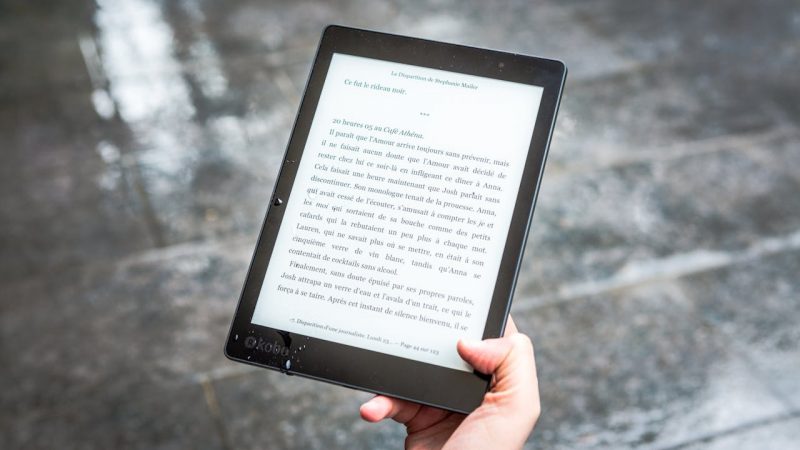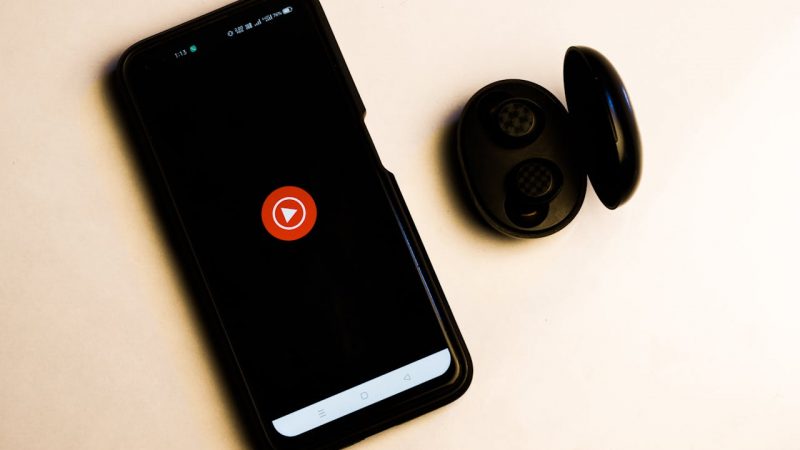Are Audiobooks Credible References for Academic Research?

The popularity of audiobooks among the reading public is consistently growing. In June 2022, the Audio Publishers Association reported having seen a double-digit sales increase for audiobooks for ten years in a row. In addition, the Pew Research Center says that 23%, or one in five Americans, have listened to an audiobook, a jump from 14% in 2016. It’s thought that this continuous growth is buoyed by the format’s ability to accommodate alternative learning styles and levels of accessibility. However, students and academics alike may wonder if audiobooks can reliably be used as references in academic papers.
The case for audiobooks
Audiobooks typically come as accompaniments or “audio versions” of regular print or digital books. This makes the question of citing an audiobook over other formats an interesting and valid one. It would make sense to cite an audiobook in academic research in several instances.
Avenues for inclusivity and exploration of references
First, referencing academic research and content in audiobook format ensures inclusivity, as these are more accessible to those with visual impairments or learning disabilities. This may also be relevant for auditory learners keen on producing academic papers. A Review of Educational Research paper has shown that audiobook reading activates identical parts of the brain that light up when reading a paper-based book. Citing audiobook references may also encourage readers to explore references after reading the original paper, encouraging further exploration and learning, as audiobooks are considered more engaging. Citations enhance “The Impact Factor” of audiobooks over time, creating additional credibility for the format.
Diverse selection and exclusive content
Audiobooks also offer a wide selection of titles across authors and genres. Several audiobooks feature exclusive content that may not be in the regular book, including bonus chapters, author commentary, and interviews. These improve the listening experience and provide additional material for reference and analysis. In the case of the Everand platform, thousands of titles are uploaded every month, providing continuous opportunities for study. Here, academic writers can examine the audiobooks of authors like Neil Gaiman, J.R.R. Tolkien, or Ursula K. Le Guin’s works alongside their ebook counterparts and identify key differences. The exclusive content offered by audiobooks opens opportunities for re-reading and renewed analysis. This supports deeper comprehension of the source material, which improves credibility.
Facilitating performance and linguistic analysis
If an academic paper specifically focuses on linguistic or dramatic analysis, particularly in terms of performance, pronunciation, intonation, and more, it may be more relevant and credible to cite an audiobook directly. As noted in a New Media and Society study, audiobooks allow analysts to factor in voice and speed in their literary explorations. This is relevant for students asked to explore thematic patterns in literature classes. As a result, institutions like the Utah State Library Division provide access to Spanish and bilingual audiobooks like “Guardianes de la Noche (Demon Slayer),” with expansions to Ukrainian, Urdu, and Farsi titles underway. Individuals can access the books through public libraries via an interlibrary loan. Aside from student papers, language experts can facilitate credibility for audiobook citations. They can refer to audiobooks when studying how the messages in an original book are preserved—or reimagined—in an audiobook in another language.
To reflect the growing interest in and affirm the credibility of audiobooks, widely used citation formats have already outlined instructions for citing these in academic papers. These include the Modern Language Association (MLA), the American Psychological Association (APA), and the Chicago Manual of Style. With specified guidelines in place and the rising popularity of audiobooks, their appearance in bibliographies and reference lists is only anticipated to grow.





